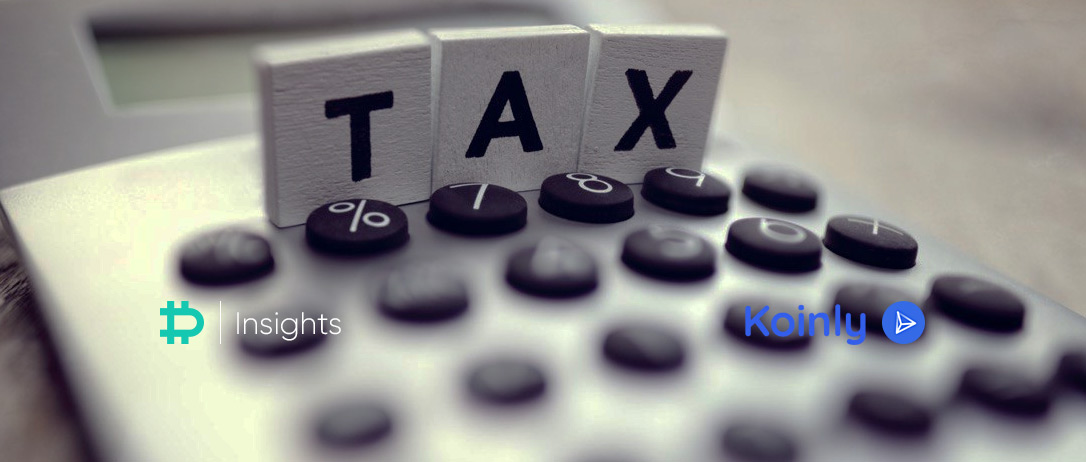
The popularity of cryptocurrency has been steadily increasing over the last few years. Cryptocurrencies are being increasingly adopted as payment tools as well as investment opportunities by people globally. And where there is money there is tax. While tax rules have been non-existent or quite vague in most countries, tax agencies have started waking up.
Many nations have come forward with policies on cryptocurrency taxes, some making cryptocurrency completely tax-free while others made them taxable just like stocks and other property. Last year, Portugal made cryptocurrencies tax free, France declared crypto to crypto trades as non-taxable, the US sent out warnings to crypto traders and the UK demanded info on crypto traders from major exchanges. Such action is likely to continue as Bitcoin gains wider recognition.
This article focuses on the taxation of bitcoin in a handful of regions around the world.
United Kingdom
The UK treats cryptocurrencies as property and not an actual currency or “money”. However, UK’s tax authority HMRC has classified cryptocurrencies into 3 distinct categories: Exchange token, Utility token, Security token. At present these are taxed in the same way but treatment is likely to change in the future. Bitcoin falls under the ‘Exchange tokens’ category.
Any profits derived from selling/trading cryptocurrencies is taxed as a capital gain. The UK uses a pooling system for capital gains; in a nutshell, a pool is basically the average cost of all coins within it. So, whenever you sell or dispose of crypto you have to use the cost of the pool to determine the capital gain/loss.
Proceeds from mining/staking are taxed as ordinary income.
Portugal
Portugal has released a statement that makes buying/selling/trading cryptocurrencies completely tax-free. It is so far the only European country to have taken such a stance. The statement follows Portugal’s closed tax system where only the items explicitly listed can be taxed such as stocks, bonds etc. This makes Portugal a lucrative country for crypto traders.
Germany
Bitcoin has been officially recognized as private money in Germany since 2013. Bitcoin owners are subjected to capital gains tax, which is currently 25%. However, this tax is levied only in cases where profits from bitcoin are achieved within a year of buying them. The crypto owners are not subject to capital gains tax in case they hold this cryptocurrency for more than a year.
Switzerland
In Switzerland, one of Europe’s crypto havens, qualified individuals that buy, sell or hold cryptocurrencies for personal benefit are not required to pay tax on their capital gains. However, income from mining, considered self-employment income, is taxed through income tax. Profitable crypto trading by qualified professionals is subject to corporate tax while wages paid in bitcoin must be declared for income tax purposes.
Malta
The famous “blockchain island” aka Malta does not tax cryptocurrencies, either for VAT or gains or capital gains. However, crypto trading carried out within the same day attracts a 35% business income tax, considering the event similar to day trading in stocks or foreign exchange.
Malta is perhaps one of the most crypto-friendly countries in the world, introducing legislation that has legalized a variety of crypto operations in the country and making it the home for some major crypto businesses.
Japan
Japan identifies bitcoin primarily as a payment method. As of 1st July 2017, the Payment Services Act stated that the sale of bitcoin would be exempt from the Consumption Tax. Virtual currencies such as bitcoin in Japan are treated as asset-like values that can be transferred digitally and also used for making payments. The profits you get from bitcoin are considered as income from a business. Owners, therefore, are taxed with both the income and capital gains tax.
Australia
Australia treats virtual currency as items of barter arrangements. The reason for this is that currencies such as bitcoin are treated as assets and thus are liable for capital gains purposes. Businesses that undertake bitcoin-related transactions in Australia are therefore obliged to accurately record, document and date these specific transactions. On the other hand, firms that receive bitcoin payments are required by law to declare the value as ordinary income.
In Australia, crypto transactions done for personal use have tax exemptions in certain circumstances. One such example is if the bitcoin was utilized for the purposes of paying for personal goods or services, and another is when the value of the transaction falls below AUD 10.000 (Australian Dollars). Activities such as mining or exchanging are considered stock trading and so are taxed.
Bottom line
While the above nations have specific frameworks regarding the taxation of cryptocurrencies such as bitcoin, there are many that lack regulation altogether. In countries like Malaysia and India, the capital gains tax is not yet in place. Tax authorities across the globe are known for their particular tightness on defaulters so it would be prudent to study the regulatory guidelines currently in place in your jurisdiction. This way, you will be better able to report or pay tax on bitcoin transactions, as you are legally obliged to.
Deribit users can get a special 15% discount by signing up using this link!
AUTHOR(S)
